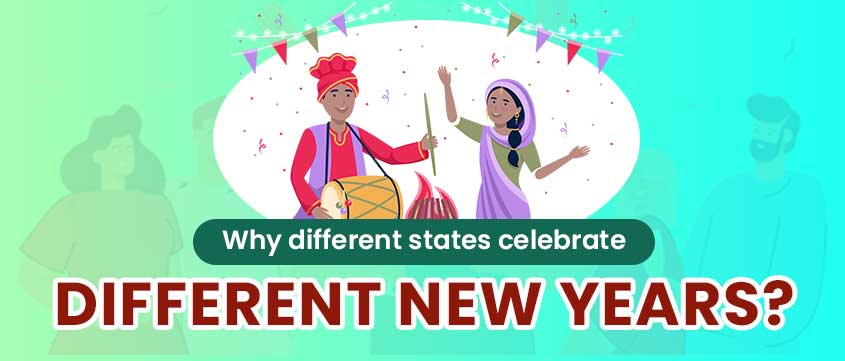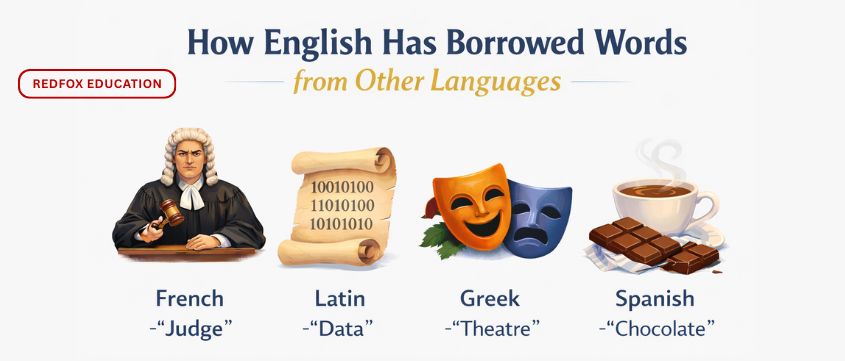India, often referred to as the land of diversity, is a melting pot of cultures, traditions, and languages. One fascinating aspect of this diversity is the celebration of New Year on different dates across various states. While the concept of a new beginning is universal, the ways in which it is observed vary significantly from region to region. Let's talk about the intriguing reasons behind why different states in India celebrate New Year at different times.
Historical and Cultural Significance:
The diverse cultural heritage of India has given rise to a multitude of New Year celebrations. These celebrations are often deeply rooted in historical events, religious beliefs, and cultural practices specific to each region.
Similarly, in states like Karnataka and Telangana, the New Year is observed as "Ugadi" or "Yugadi," which translates to the beginning of a new era. People clean their homes, decorate with mango leaves, and prepare traditional dishes to welcome the New Year with auspiciousness and joy.
For instance, in states like Maharashtra and Andhra Pradesh, the New Year is celebrated during the spring equinox, known as "Gudi Padwa" and "Ugadi" respectively. This timing aligns with the agricultural calendar and marks the onset of the harvest season, symbolising prosperity and abundance.
Lunar vs. Solar Calendar Systems:
One of the primary reasons for the variation in New Year celebrations across India lies in the different calendar systems followed by various regions. While some states adhere to the Gregorian calendar, others rely on traditional lunar or solar calendars.
States like Tamil Nadu and Kerala follow the Tamil and Malayalam calendars, which are based on the lunar cycle. Consequently, their New Year, known as "Puthandu" and "Vishu" respectively, falls in mid-April when the Sun enters the Aries constellation. Similarly, states like Punjab celebrate "Baisakhi" on April 13 or 14, marking the solar New Year and the beginning of the Sikh solar calendar.
Regional Festivities and Traditions:
New Year celebrations in India are not just about marking the passage of time but also about embracing local customs and traditions. These festivities often reflect the unique essence and values of each region.
In Assam, the New Year, known as "Rongali Bihu" or "Bohag Bihu," is celebrated with great fervour, featuring traditional folk dances, music, and feasting. It coincides with the Assamese New Year and the advent of the Assamese lunar calendar month of Bohag.
Similarly, in states like Karnataka and Telangana, the New Year is observed as "Ugadi" or "Yugadi," which translates to the beginning of a new era. People clean their homes, decorate with mango leaves, and prepare traditional dishes to welcome the New Year with auspiciousness and joy.
India's rich tapestry of cultures and traditions manifests vividly in its diverse New Year celebrations. From historical significance to regional festivities, each celebration offers a glimpse into the unique heritage and identity of its people. As we embrace this diversity, we not only celebrate the passage of time but also cherish the richness of India's cultural mosaic.
What is Red Fox Education?
Red Fox Education is a dynamic English Language Learning Platform committed to providing comprehensive and interactive language courses. Our team, comprising expert language educators and content developers from the UK and India, is dedicated to offering an innovative and authentic learning experience to students of all age groups. We offer the widest range of products and services such as Live online classes (British & Indian tutors), Self-study courses, Certification courses, Tests and Assessments, Podcasts, Quizzes, Speech Buddy, Stories, Ebooks, Blogs, Videos, Audio Flashcards, and many more learning modules.
Subscribe to our "Premium plan" and get unlimited access to our Premium products. Red Fox Education's English courses will give you the language and the confidence you need to hold conversations in spoken English relevant to each of the topics.
If you still don't have the Red Fox Education mobile app download it.
Apr 13, 2024 | Festival,Science | No Comments











